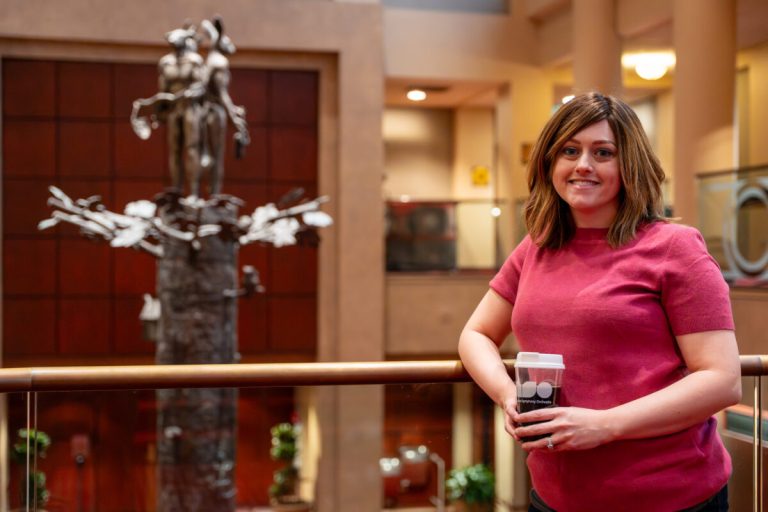Code Switch chooses Birmingham as its 2nd live show destination, but why?
Reading time: 3 minutes

How often do you know of a nationally well-known podcast doing a live show in Birmingham? Not too often. NPR’s Code Switch, a podcast about race and identity in America, decided to host its second live show in Birmingham!
But, why? Well, the answer is more obvious than you may think … it’s because of our history! Code Switch host Shereen Marisol Meraji mentioned, “Birmingham is sacred ground.”
Code Switch is a team of NPR journalists who are fascinated by the overlapping themes of race, ethnicity and culture, and how they play out in our lives and communities. The show is hosted by Gene Demby and Shereen Marisol Meraji, both people of color who have dedicated their lives to uncovering the complexities of race in America.
The Alys Stephens Center hostedCode Switch. The auditorium was full of people ready to hear their favorite podcast hosts live, hear Mayor Woodfin speak or listen in on a conversation that they’ve never heard before.
The event was catered to continue the narrative of Birmingham working daily to come to terms with its past and build a better future. The night featured Mayor Woodfin, poet Ashley M. Jones, WBHM News Director Gigi Douban and musician James Spraggins II.

The night started with two poems by Ashley M. Jones, author of “Magic City Gospel”, and then transitioned into a Q&A session with Mayor Woodfin. During Woodfin’s portion, Demby and Meraj focused on the current racial and political climate in Birmingham and what the city is doing to keep its citizens happy.
Woodfin spoke specifically about the gentrification that’s happening in some of the Birmingham neighborhoods.
“One of the things we can do is (keep) talking with City Council,” said Birmingham Mayor Randall Woodfin.
“You can’t necessarily control gouging the price of rent, but what you can do is put things in place so that residents have more notice.”
Woodfin also talked about how some of the city’s revitalizations have helped bring more opportunities for growth to Birmingham.
“We’re attracting people, younger people. Fifteen years ago, no one my age at 22 and 23 years old wanted to stay here,” Woodfin said.
“They wanted to go to Atlanta or Nashville. But today, I think the same cohort of people at 22 and 23 want to stay here. It’s good to see our city be a part of the national trend of people wanting to be a part of the urban core, in the central city.”

As Birmingham continues to grow and change into a better city than it was before, its leaders must continue to recognize the past and have difficult conversations that still plague the city. I hope that Birmingham continues to be chosen as the destination to continue the difficult conversation about how race relations have plagued the city yesterday and today.



